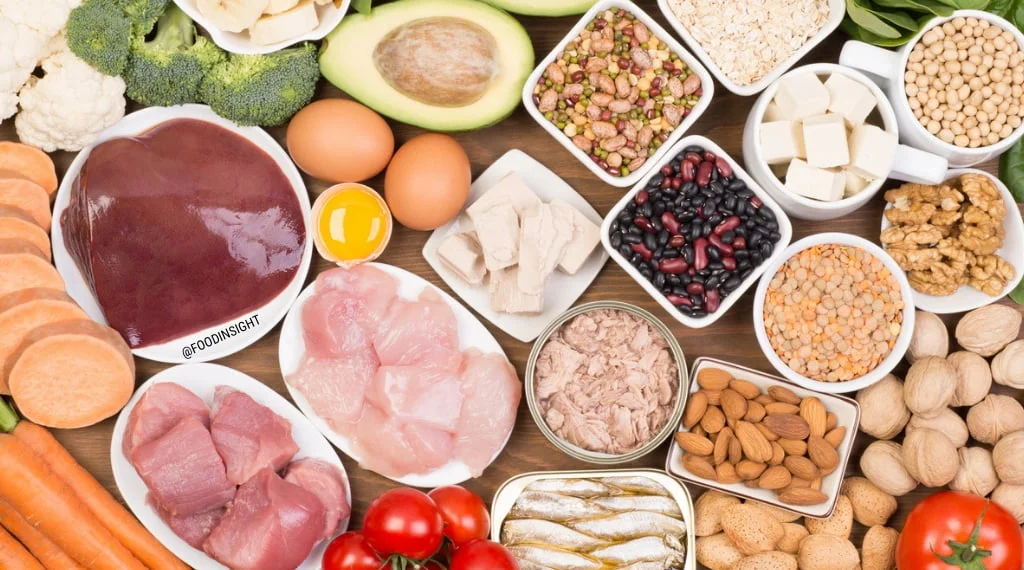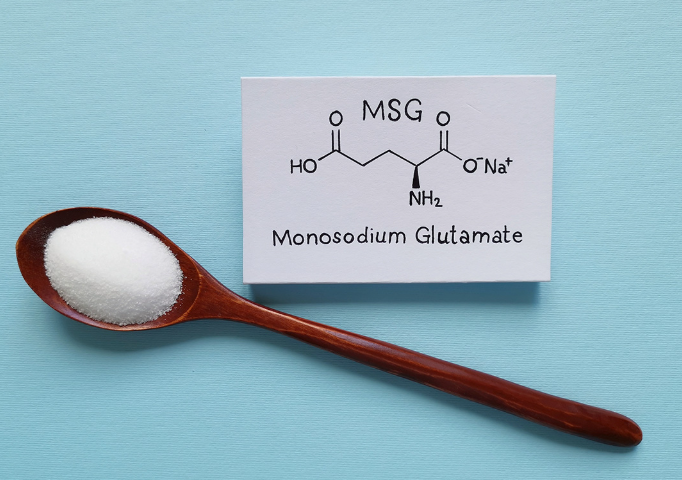
Biotin (pronounced BYE-oh-tin) is a water-soluble vitamin that our bodies need to provide us with energy and maintain the health of our hair, nails and skin. Originally called vitamin H, biotin is now classified as one of the B vitamins (B7) and has gained commercial popularity for its proposed benefits for healthier hair and nails.
BIOTIN AND HEALTH
Biotin is used as a cofactor for enzymes that break down carbohydrates, proteins and fats. It also aids in gene expression, nervous system function and endocrine activity in the pancreas, thyroid and adrenal glands.
In a 2007 study published by The American Journal of the Medical Sciences, biotin was shown to lower fasting blood glucose levels in people with type 2 diabetes mellitus when combined with chromium picolinate, the supplement form of chromium. Biotin proved to be effective in improving regulation of blood sugar levels through enhancing the function of insulin-producing cells in the pancreas.
Biotin is widely promoted for its ability to enhance the health of our hair, nails and skin. According to the American Academy of Dermatology, getting adequate amounts of biotin through food or supplements may improve nail care and help to grow and thicken hair. A systematic review of biotin’s effects on hair and nail growth provides evidence for “clinical improvement in patients who had an underlying pathology for poor hair or nail growth.” However, there is a lack of sufficient evidence for biotin supplementation in healthy individuals.
RECOMMENDED INTAKES
Humans can’t store biotin, so eating biotin-rich foods daily is important for getting the adequate amounts needed for gene regulation and metabolism. The adequate intake (AI) for biotin in adults ages 19 years and older is 30 micrograms (mcg) per day from all sources, including foods and supplements. Children and teenagers are recommended to consume anywhere from 5 to 25 mcg/day, and breastfeeding women are advised to get 35 mcg/day. When biotin is used for hair and nail care, it is typically consumed in the form of a dietary supplement. The FDA has issued a warning that too much biotin from dietary supplements has been found to interfere with certain lab tests, so it’s important to consume close to the recommended amounts and use any supplements with the approval of a health care provider.
Adequate Intakes for Biotin
| Age | Male | Female | Pregnancy | Lactation |
| Birth to 6 months | 5 mcg | 5 mcg | ||
| 7 to 12 months | 6 mcg | 6 mcg | ||
| 1–3 years | 8 mcg | 8 mcg | ||
| 4–8 years | 12 mcg | 12 mcg | ||
| 9–13 years | 20 mcg | 20 mcg | ||
| 14–18 years | 25 mcg | 25 mcg | 30 mcg | 35 mcg |
| 19+ years | 30 mcg | 30 mcg | 30 mcg | 35 mcg |
*Adapted from the Food and Nutrition Board of the National Academies of Sciences, Engineering and Medicine Dietary Reference Intakes
Biotin deficiency is very rare. However, there are a few populations who may be more susceptible to deficiency, including:
- Women who are pregnant or breastfeeding. They have increased needs and most prenatal vitamins don’t contain biotin.
- People with diagnosed biotinidase deficiency, a rare genetic disorder in which the body cannot process biotin. It is easily treated if it’s recognized in the first few weeks of life.
- People with alcohol dependency. Alcohol inhibits biotin absorption.
- People regularly consuming raw eggs (a dietary practice that is not recommended by many organizations for food safety reasons). Uncooked eggs contain a protein called avidin that binds with biotin and prevents its absorption. Avidin is denatured by the cooking process, so eating cooked eggs does not put a person at risk for biotin deficiency.
FOOD SOURCES OF BIOTIN
Food sources of biotin include red meat, eggs, nuts, seeds and some vegetables. Animal-based protein sources like beef liver, chicken liver, salmon and eggs have a high biotin content. It’s also found in smaller amounts in vegetables such as broccoli, sweet potatoes and spinach and in many types of nuts and seeds. Although dairy products are a source of animal protein, they contain only small amounts of biotin. Biotin is also widely available in supplement form.
| Food | Serving Size | mcg Biotin per Serving |
| Beef liver, cooked | 3 ounces | 30.8 |
| Egg, cooked | 1 whole | 10.0 |
| Salmon, pink, canned in water | 3 ounces | 5.0 |
| Pork chop, cooked | 3 ounces | 3.8 |
| Sunflower seeds, roasted | ¼ cup | 2.6 |
| Sweet potato, cooked | ½ cup | 2.4 |
| Almonds, roasted | ¼ cup | 1.5 |
| Spinach, boiled | ½ cup | 0.5 |
| Broccoli, raw | ½ cup | 0.4 |
| Plain yogurt | 1 cup | 0.2 |



